Canadians weigh in on the legal and illicit cannabis markets

In January 2020, RCU - Responsible Cannabis Use facilitated a Canada-wide survey that asked Canadians about the legal and illegal market. An overwhelming number of people expressed that they will continue to purchase from the illegal market.
The reasons for their decisions were consistent:
- They feel the cost of the legal products is too expensive
- They say that the quality of the products from licensed producers doesn’t compare
- They fear that government-grown cannabis is not as safe to consume
We break these concerns down below with information most consumers are unaware of:
What people are saying: “The legal products are too expensive.”
In reality: Yes, the price of legal cannabis products is higher, but here are some points to consider.
Legalization is driving illicit prices down
As with any other market, when new suppliers are introduced, the existing ones choose to slash prices in order to maintain market share. Prior to legalization, from 2010-2017, the average price per gram was $9. It is only after legalization that the price of illicit cannabis decreased. In Q4 2019, a gram of illicit cannabis was reported to be $5.73. Therefore, when comparing today's average prices per gram from the legal market ($10.30 per gram - Q4 2019), it is important to understand that this price gap exists because of legalization.
In order to have a fair comparison, consumers should be comparing the historical prices prior to legalization to current legalized prices. This brings us to the next point. If illegal suppliers can significantly decrease their margins, are they cutting any corners and who can hold them accountable?
Accountable for product safety
Licensed producers have to make significant investments to set up and maintain growing facilities that are up-to-standard, and conduct rigorous testing to ensure that the cannabis being supplied is, safe, and accurately represented for the consumer. Illegal producers do not have to adhere to any standards, nor take any accountability for product safety.
Canadians are getting a deal in comparison to the U.S.
Although Canadians are used to most items costing more in Canada than in the U.S., cannabis is an exemption. Here are examples of the least expensive dry flower at dispensaries across the U.S.
- Massachusetts - Insa in Salem, Mass.: dried flower starts at $19.67 a gram
- Colorado - Euflora, a statewide chain, has nothing under $14.79 a gram
- California - Torrey Holistics in San Diego, Calif., starts at $13.11 a gram
What people are saying: “The quality of illegal cannabis is better.”
In reality: When buying from the illegal market, you don’t know what you’re buying.
When buying from illegal sources, you do not actually know what you are getting in the product because there are no regulations or standards in place. The products may contain additives or other chemicals that are not safe for people to consume or may not contain the amount THC they claim to contain.
In December 2019, the state of California conducted tests on the cannabis oil contained in a random sample of more than 10,000 illegal vape pens seized in the Los Angeles raids.
This is what they found:
- 75% of the vapes contained undisclosed additives, including the thickening agent vitamin E acetate, which has been blamed by federal regulators for the majority of lung illnesses tied to the outbreak.
- Nearly all the samples were labeled with incorrect THC content, for example, one cartridge claimed the oil was up to 85% THC but actually contained 33% THC.
When purchasing from legal dispensaries, you have the assurance that the licensed producers will meet the standards put in place by Health Canada. Products purchased from licensed retailers receive the final stamp of approval in the form of a certificate of analysis which also makes it traceable in the event of an issue.
Legal cannabis products have the labels regulated and clearly display THC and CBD potency, strain, net weight, packaging, and expiration dates. This way you know exactly what you are consuming and should have a more predictable experience. This is especially helpful when considering dose, set and setting.
"The prevalence of dirty and dangerous vape pens at unlicensed cannabis stores demonstrate how important it is for consumers to purchase cannabis goods from licensed retailers, which are required to sell products that meet state testing and labeling standards," Lori Ajax, head of California's Bureau of Cannabis Control, told the AP.
What people are saying: Unsafe pesticides are being used to grow legal cannabis.
In reality: Legal cannabis goes through rigorous testing.
The use of unsafe pesticides was brought up a number of times from those who participated in the survey. Many Canadians believe that the government is using unnecessary and dangerous pesticides when growing cannabis, however, this is far from the truth. Legal cannabis products undergo strict and rigorous testing for harmful substances by federally licensed third-party laboratories. Not only is the cannabis tested for potency, but legal cannabis is also tested for:
- 96 unapproved pesticides by Health Canada
- Heavy metals (i.e. mercury, and lead)
- Foreign matter (i.e. pests)
- Microbiology (i.e. E.coli, salmonella)
In contrast, illegal cannabis may contain harmful pesticides, traces of heavy metals, chemicals, and microbial contaminants. These products may transfer the contaminants to the user, posing serious health risks, including lead poisoning, infections, and allergies.
This is just further proof that cannabis education needs to be brought to the forefront. Canadians need to better understand where their cannabis is coming from, and the policies that have been put in place to ensure the safety of the consumer.
Give your feedback
If you didn’t have the opportunity to participate in the survey, here’s your chance! Share your opinion on the legal and illegal markets below.
Choose your province:
- Newfoundland and Labrador
- Prince Edward Island
- Nova Scotia
- New Brunswick
- Ontario
- Manitoba
- Saskatchewan
- Alberta
- British Columbia
CannEd - cannabis e-learning for employers and employees
CannEd is an online cannabis course that educates how to manage the risks of cannabis use at work built for employers and their employees in all industries operating in a legalized market. Learn more about CannEd and how you can implement the course to reduce the risk of cannabis-related incidents in the workplace.
Follow us on Facebook, LinkedIn, Twitter and Instagram to stay up-to-date with the latest news from RCU - Responsible Cannabis Use.


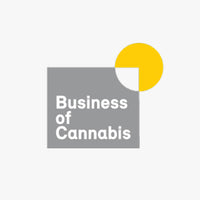
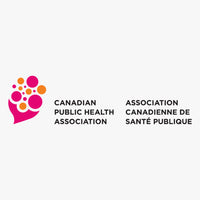
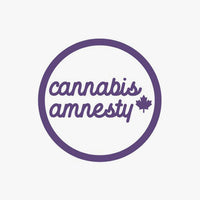

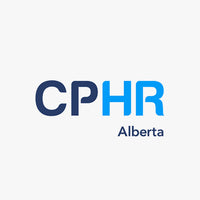
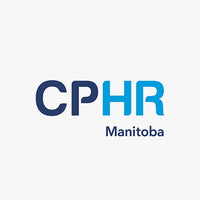
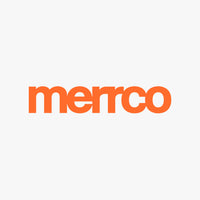
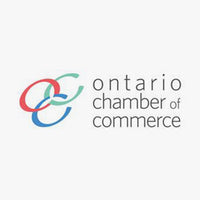

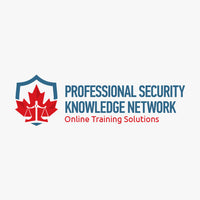
Leave a comment